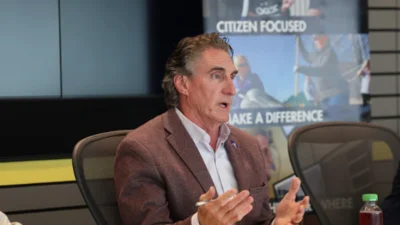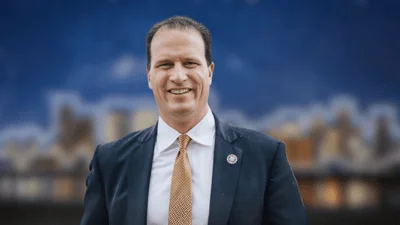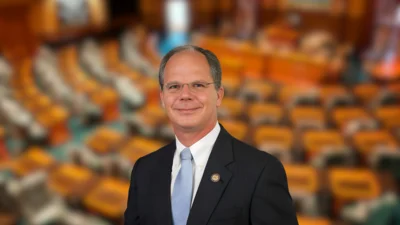WASHINGTON, DC - Energy and Commerce Committee Republican Leader Greg Walden (R-OR) remarks at an Environment and Climate Change Subcommittee hearing titled, “Clearing the Air: Legislation to Promote Carbon Capture, Utilization, and Storage."
As Prepared for Delivery
H.R. 1166, the USE IT Act, sponsored by Mr. Peters and Mr. McKinley is a practical, widely supported, bipartisan bill. Versions of this legislation were passed out of the Senate last year and we included it in our 12 in ’20 package. Twelve bipartisan bills - with the USE IT Act at the top - that we can enact into law. It is the kind of bill we know can make a meaningful difference for our economy and for addressing climate risks.
The USE IT Act provides the Environmental Protection Agency direction, under existing authorities and in coordination with the Department of Energy, to foster innovations in carbon capture technologies and improve scientific understanding of carbon sequestration.
The bill addresses permitting delays and it will ensure more timely deployment of these technologies and pipeline infrastructure-essential for these innovative technologies to succeed economically.
This important bill is not complicated. It authorizes targeted financial support and it will generate useful information to assist technological deployment. Furthermore, it builds upon the bipartisan work of past Congresses, like reforms to our tax code to encourage more investment in carbon capture and storage.
There will be additional practical and achievable steps the Administration and Congress will have to take to clear the path for these innovative technologies, to assist with cleaner energy systems. But this is exactly how we implement workable climate policies.
And what results can we expect to see from implementing workable climate policies?
A recent report from the National Petroleum Council on carbon capture technologies points out that, over the next two decades, global GDP is expected to double. With this tremendous growth in prosperity, billions of people will be lifted out of poverty. And the increase in prosperity will be enabled by a 25% to 30% increase in energy demand.
This demand, as we’ve examined in past hearings, will depend on affordable, reliable energy - and this is the growth that will drive the bulk of future greenhouse gas emissions in the world.
By developing our American energy resources, by exporting the fruits of our energy revolution, by developing advanced technologies like CCUS and perfecting their deployment, we can enjoy the economic and environmental benefits of exporting our innovations to these developing nations.
Practical policies that promote competitive development of our own resources, not through top-down regulation and taxation, but through American ingenuity and innovation is how we can best address global emissions.
Our witnesses this morning will be able to talk about the importance of bills like this, for expanding our existing resources and infrastructure. This is a good start, Mr. Chairman. I look forward to working with you to move this legislation.
And, let me say, I agree with the majority - we need climate action. That’s why we cannot let another opportunity slip by. You see, we’ve already missed two opportunities to get the USE IT Act enacted; there was a three corners agreement on a version of this legislation in the Defense Authorization Act. We were at the table to negotiate, but the Majority pulled the plug. There was another opportunity in the year end spending deal, but the Majority again said no.
We should not let more opportunities slip by.
And I hope we can look at other practical measures that we can enact into law. There are other bipartisan measures we can move.
Just last week we held an informative hearing on wildfires, the upshot of which was that there was wide agreement that implementing active forest management will reduce fire risks and increase the opportunity for more resilient, sustainable forests; there’s a bill for that. There’s a bill to restore burned forests, to plant trees to increase carbon sinks and provide for a healthier economy.
There are many more bills like this to consider. So, I am hopeful we can start working on the measures we can agree upon. These are the types of concrete legislative steps we can take - right now - to make progress. I am looking forward to working with you.





